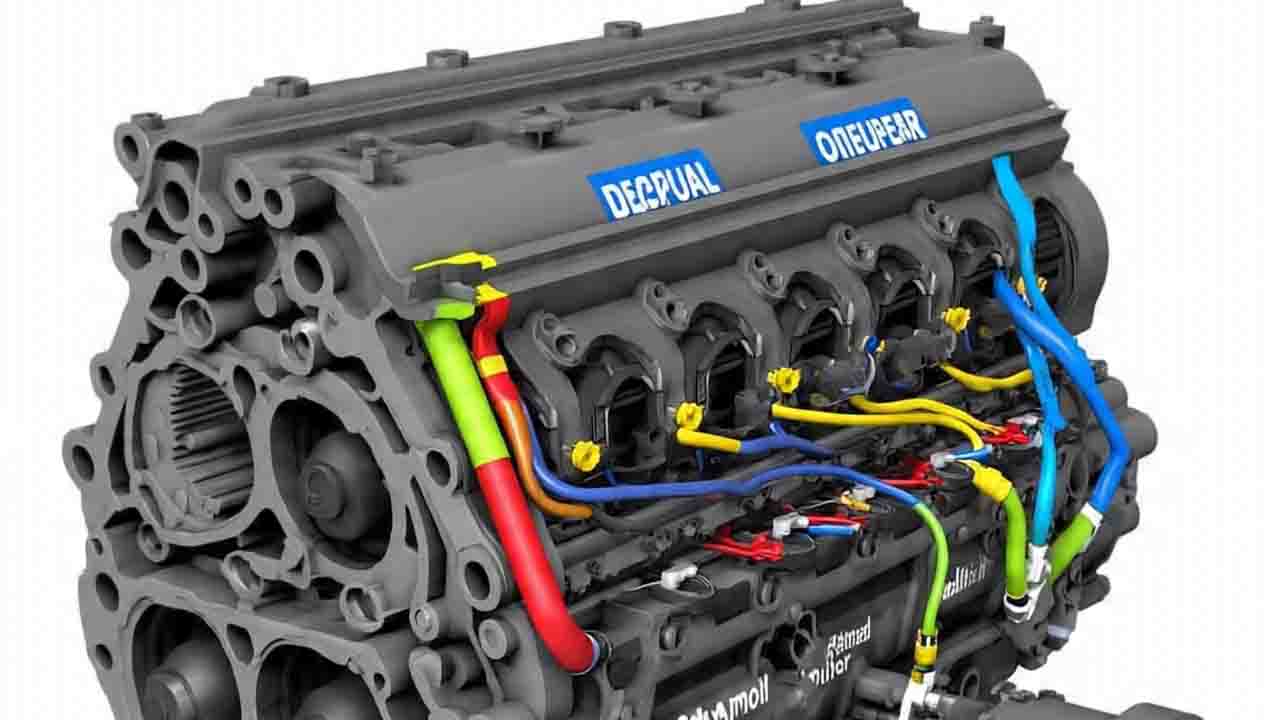
Dieselspecialists – Dual Fuel and RCCI technologies are rapidly redefining the future of diesel engines. In a world increasingly focused on environmental impact, these innovations offer a promising alternative to conventional combustion systems. Dual Fuel and RCCI (Reactivity Controlled Compression Ignition) engines utilize a blend of traditional diesel and reactive fuels such as methanol or natural gas. This combination creates a more controlled combustion environment, resulting in significantly reduced emissions and higher thermal efficiency.
Recent pilot programs across Europe have demonstrated impressive results. Notably, engines equipped with Dual Fuel and RCCI systems have shown up to a 30% reduction in CO₂ emissions, along with a drastic decrease in nitrogen oxides (NOₓ) and particulate matter. This cleaner combustion not only meets but exceeds many of the current global emission standards positioning Dual Fuel and RCCI as serious contenders in the push for greener transportation.
“Indian Chieftain Power Plus Reborn: A One-Off That Turns Heads”
At the heart of Dual Fuel and RCCI engines lies a unique approach to ignition. Instead of relying solely on spark or compression, RCCI uses two fuels with different reactivity levels injected separately into the cylinder. The more reactive fuel typically diesel is used to initiate ignition, while the less reactive one, such as methane or methanol, fills the combustion chamber. This precise layering enables a more uniform and complete burn, reducing hotspots and peak temperatures that usually generate harmful pollutants.
Unlike traditional diesel systems, Dual Fuel and RCCI engines offer greater control over combustion timing and intensity. Making them more adaptable to various operating conditions. The technology is especially appealing for heavy-duty applications such as commercial transport, shipping, and power generation.
While engines are still largely in the pilot phase, momentum is building. Manufacturers and researchers across Europe, Asia, and North America are investing in further development, particularly as governments tighten emission regulations. As the pressure to decarbonize intensifies. These engines may offer a viable middle ground allowing industries to retain diesel’s power and infrastructure while minimizing its environmental footprint.
Represent not just an incremental upgrade. But a transformational shift in how engines are designed and operated. If commercial scaling continues, we could see a new era where diesel is no longer synonymous with pollution but rather with innovation and efficiency.
“Shielding Wealth: Investor Strategies Amid Rising Tariff Risks”
Diesel Specialists | Expert Engine Solutions for Diesel, Gasoline & More - The global diesel engine market outlook is entering…
Diesel Specialists | Expert Engine Solutions for Diesel, Gasoline & More - Pemilik mobil diesel yang mengejar performa sering mengandalkan…
Diesel Specialists | Expert Engine Solutions for Diesel, Gasoline & More - Major engine makers and fleet operators are accelerating…
Diesel Specialists | Expert Engine Solutions for Diesel, Gasoline & More - Persaingan otomotif global kini berputar pada performance emissions…
Diesel Specialists | Expert Engine Solutions for Diesel, Gasoline & More - Fleet owners and individual drivers increasingly realize that…
Diesel Specialists | Expert Engine Solutions for Diesel, Gasoline & More - Beginner drivers increasingly try a basic diesel engine…